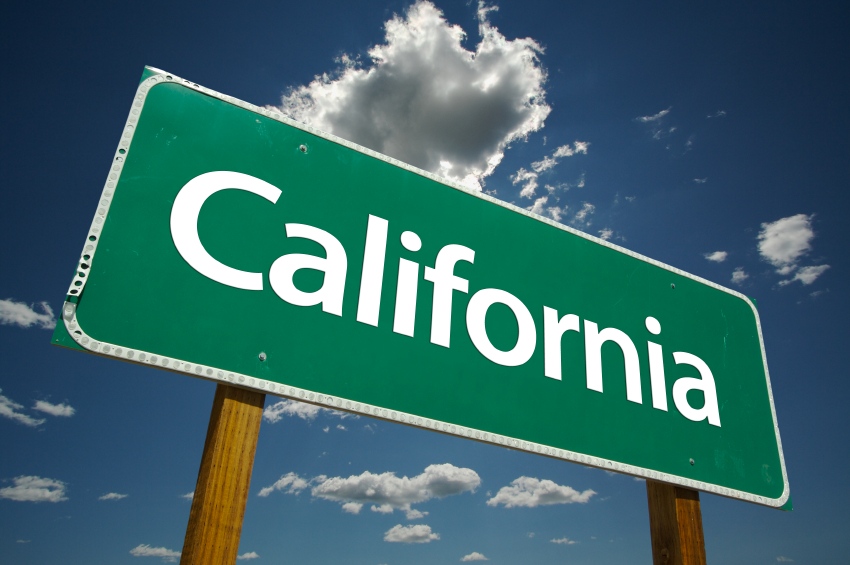California is the only place in the country where climate and clean energy activists aggressively pushed their message across the board in the face of strong, well-funded opposition by Big Oil. The Golden State hints at what might have happened had President Obama embraced action on climate and clean energy — and backed it up with aggressive and consistent messaging as Sen. Barbara Boxer, governor-elect Jerry Brown, and the No-On-Prop-23 coalition did.
Proposition 23 — “the first and largest public referendum in history on clean energy policy” — brought together an amazing bipartisan coalition to beat back Texas oil companies’ effort to kill California’s landmark climate bill, AB 32.
Carly Fiorina tried to beat climate hawk Barbara Boxer in the Senate race by flip-flopping on climate action and clean energy (see Politico on CA Senate debate: “Fiorina’s major stumble came on the issue of Proposition 23” and “The dumbing down of Carly Fiorina“). Meg Whitman said she would suspend AB 32 for a year, but even after she broke records by spending more than $160 million, Jerry Brown beat her handily with a campaign built around an aggressive clean energy policy.
Here’s the bottom-line message on Prop 23:
- California voters delivered a decisive win for the clean energy economy.
- The clean energy economy is working in California — and voters know it.
- This election led to a new bipartisan coalition focused on making the clean energy economy happen (see George Shultz on Prop 23: “Those who wish to repeal our state’s clean energy laws through postponement to some fictitious future are running up the white flag of surrender to a polluted environment.”)
- This was a huge victory for the climate.
This should send a message that opposition to clean energy and pollution reductions can be politically costly — if it is met with unabashed messaging by climate hawks. Here is a news release posted on Time.com on Prop 23:
Proposition 23 fails in resounding victory for California economy and clean energy future
SAN FRANCISCO — Voters in California soundly defeated Proposition 23 today, delivering a decisive and historic victory for the state’s clean energy economy, clean air, and climate policy.
The defeat of the Dirty Energy Proposition signifies the first and largest public referendum in history on clean energy policy. With today’s election, California voters cemented their state’s role as a trailblazer for clean energy policy across the country and worldwide. Today’s results also signal an important triumph for the broad coalition that stood up to out-of-state oil refiners who sought to unravel California’s groundbreaking clean air law to protect their own profits.
“In the midst of a major economic downturn, and with a barrage of fear mongering and scare tactics, voters still said they want a clean energy future,” said Tom Steyer, co-chairman of the No on 23 campaign.
The campaign brought together leaders from the environmental, health, labor, business, clean technology and national security sectors, along with community groups, faith-based organizations, and more. The co-chairmen of the Stop Dirty Energy Proposition effort, Steyer and former Reagan-era Secretary of State George Shultz, are leaders within their parties and are emblematic of the unlikely allies that banded together to defeat Proposition 23.
Shultz said this sweeping coalition must continue to work together to urge California’s newly elected officials to carry out voters’ wishes to continue to invest in the clean energy economy. “This is the new face of the clean energy economy. This broad coalition will continue to push for California to be on the cutting edge in building the new energy economy,” Shultz said.
Economists say California’s leadership in curbing pollution already has attracted jobs to the state and will lead to hundreds of thousands more in the clean energy sector, one of the few growing areas of the sputtering economy.
“Voters understand clean energy jobs already exist and offer the best promise for economic growth. They recognize that we can have a clean environment and a healthy economy,” Steyer said.
“A line must be drawn here. This far – and no further!“



